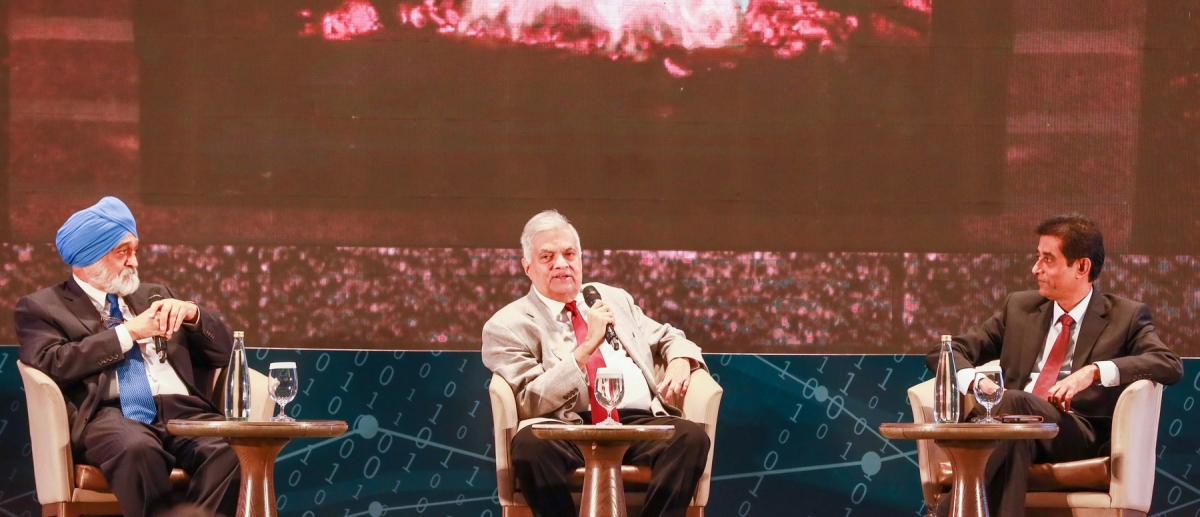In a landmark address at the 2023 Sri Lanka Economic Summit, President Ranil Wickremesinghe set the stage for a transformative economic future, emphasizing the necessity for radical restructuring to secure the nation's financial stability. The two-day summit, organized by the Sri Lanka Chamber of Commerce at Colombo's Shangri-La Hotel, witnessed President Wickremesinghe delineating past achievements and charting a course for the country's economic trajectory.
Addressing the summit's theme of "Economic Reform for 2023," President Wickremesinghe challenged the conventional notion of reforms, categorizing the implemented changes as a radical restructuring with irreversible consequences. "It’s a restructuring and a radical restructuring, and there’s no going back," declared the President, highlighting the paradigm shift in economic policy.
The President underscored the progress made through the government's radical economic initiatives over the past year, citing successful negotiations with creditors as a key accomplishment. Notably, the engagement with China Exim Bank resulted in an agreement in principle to restructure the country's debt, a pivotal step toward economic stabilization.
Transparent negotiations with creditors, including the Official Creditor Committee, were praised by President Wickremesinghe, who expressed optimism about the IMF Board concluding the first review of Sri Lanka's EFF program in December. Ongoing discussions with external private creditors, centered on specific restructuring terms, signal a commitment to long-term debt extension guided by economic principles.
President Wickremesinghe addressed the challenges of obtaining consensus from political parties and trade unions, acknowledging the difficulty in reaching agreement with those who had not taken responsibility in the past. Emphasizing the gravity of the economic situation, the President called for unity in recognizing the proposed framework as the last chance for stability, urging the nation to break away from the cycle of seeking external aid without addressing root causes.
The President cautioned against the dangers of persisting as a "beggar nation" and advocated for internal reform and competitiveness. He envisioned a competitive, export-oriented economy aligned with a digitalized and green future, drawing parallels with the economic reforms of 1977.










